As the world hurtles towards a future where technology and medicine converge, a West Coast biotech entrepreneur has taken a bold step towards rewriting the genetic code of humanity. With a staggering $30 million in funding, Preventive, a public-benefit company, is set to embark on a groundbreaking research endeavor that could potentially prevent disease by editing the DNA of embryos. The ambitious project has sparked both excitement and controversy, raising questions about the ethics and efficacy of heritable genome editing.
Behind the headlines, the story of Preventive is one of hope and determination. The company's founder, a seasoned biotech entrepreneur, is driven by a personal experience with a genetic disorder that has left him with a rare condition. His journey has taken him from the depths of despair to the forefront of a revolutionary technology that could change the course of human history.
The concept of heritable genome editing, also known as germline editing, involves modifying the DNA of embryos to correct harmful mutations or install beneficial genes. This technology has been met with skepticism and even outright bans in many countries, including the US. However, proponents argue that it holds immense potential for preventing genetic diseases that affect millions of people worldwide.
Preventive's research will focus on using CRISPR-Cas9, a gene-editing tool that has revolutionized the field of genetics. By harnessing the power of CRISPR, the company aims to develop a safe and effective method for editing the human genome. The ultimate goal is to prevent diseases such as sickle cell anemia, cystic fibrosis, and Huntington's disease, which affect millions of people globally.
While the prospect of gene-edited babies is both fascinating and unsettling, the debate surrounding heritable genome editing is far from over. Critics argue that the technology is still in its infancy and that the long-term consequences of editing the human genome are unknown. Moreover, the ethics of altering the genetic code of future generations raises complex questions about the nature of humanity and our place in the world.
Despite the controversy, Preventive's founder remains undeterred. "We're not trying to create a new species," he says. "We're trying to prevent suffering and improve human health. We believe that this technology has the potential to revolutionize the way we approach genetic disease."
As the world grapples with the implications of heritable genome editing, another startup is working to clean up the copper industry, a sector that has long been plagued by pollution. Still Bright, a company founded by a team of entrepreneurs, has developed a novel technology that uses microorganisms to extract copper from waste rock and tailings, reducing the environmental impact of mining.
The copper industry is a significant contributor to greenhouse gas emissions, and the production process is notoriously dirty. However, Still Bright's innovative approach has the potential to change the game. By harnessing the power of microorganisms, the company can extract copper from waste rock and tailings, reducing the need for open-pit mining and the associated environmental damage.
"We're not just trying to clean up the copper industry," says Still Bright's founder. "We're trying to create a new model for sustainable mining. We believe that technology can be a force for good, and we're committed to making a positive impact on the environment."
As the world hurtles towards a future where technology and medicine converge, it's clear that the stakes are high. Preventive's research into heritable genome editing and Still Bright's innovative approach to copper mining are just two examples of the many ways in which technology is changing the world. While the road ahead is uncertain, one thing is clear: the future of humanity will be shaped by the choices we make today.
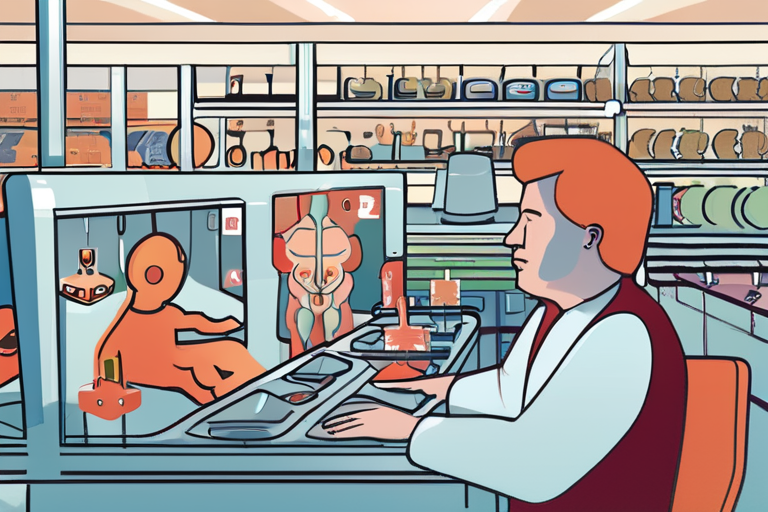


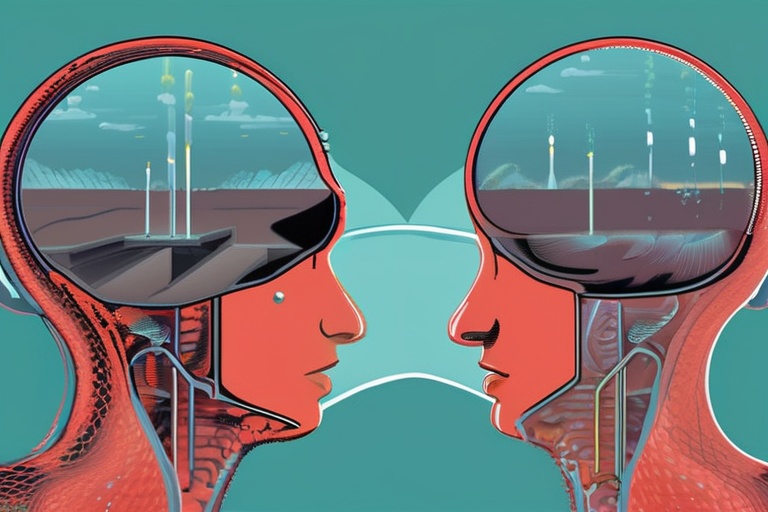
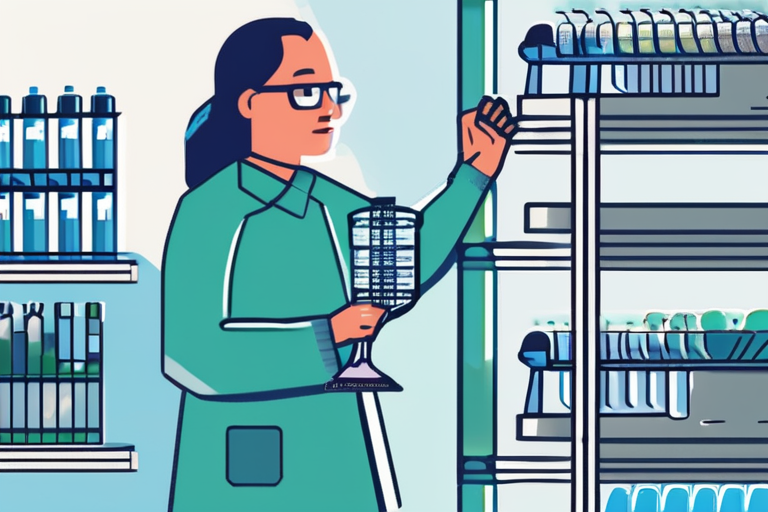



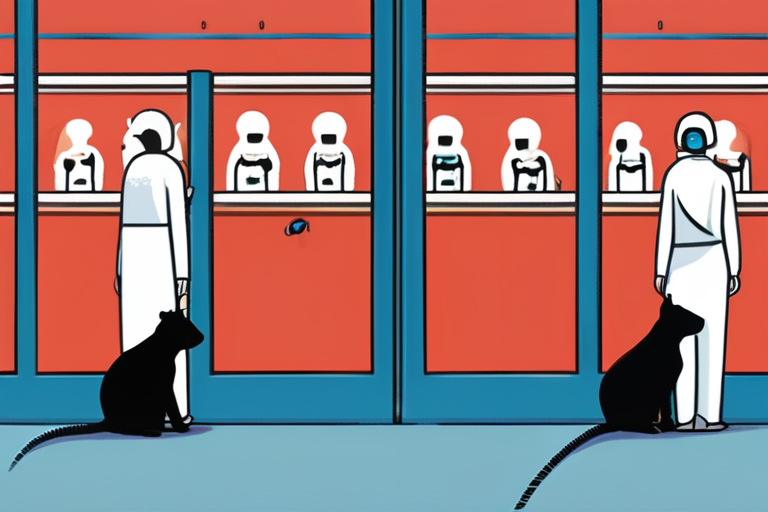
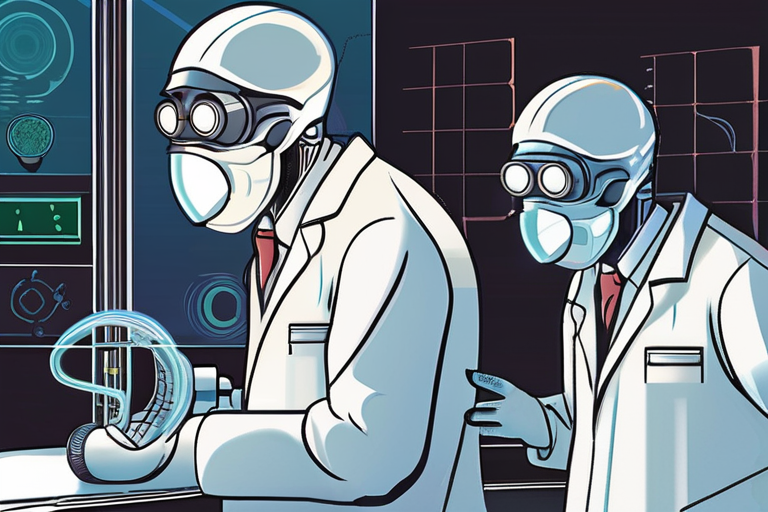
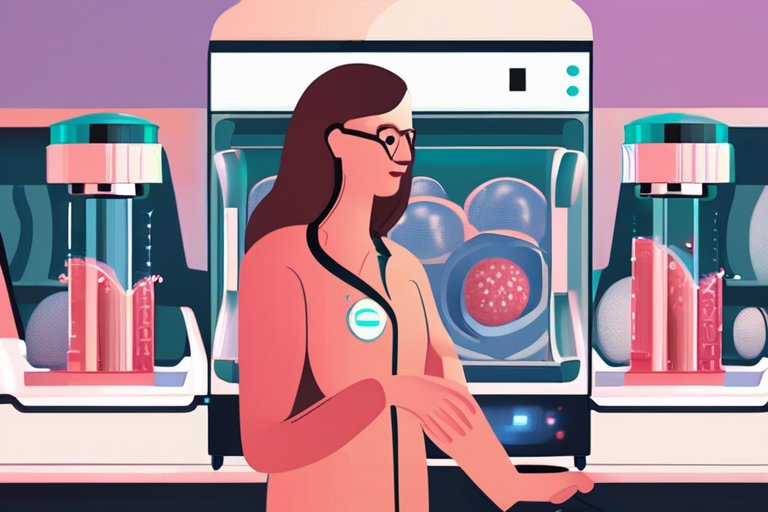
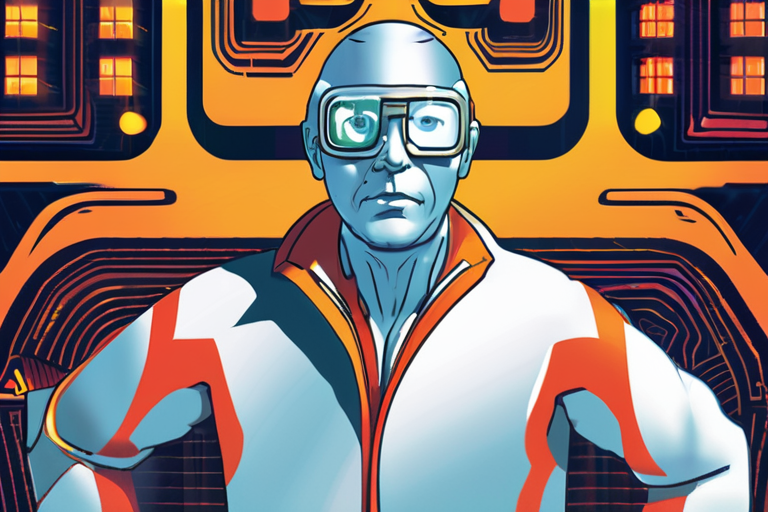
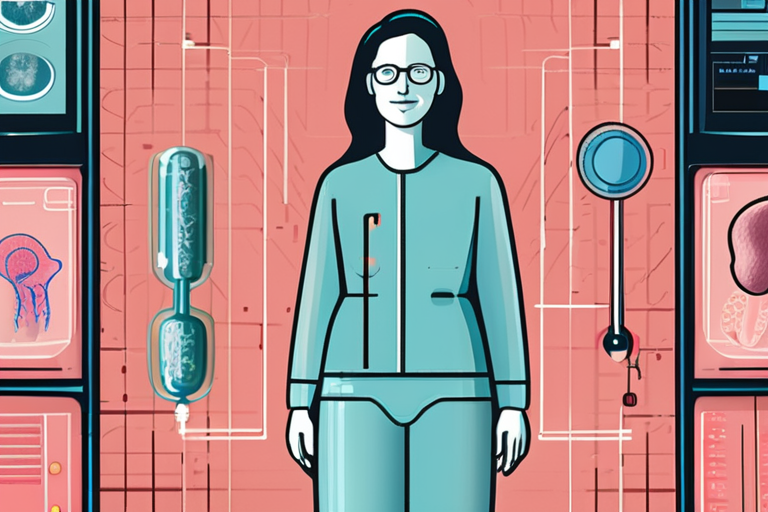
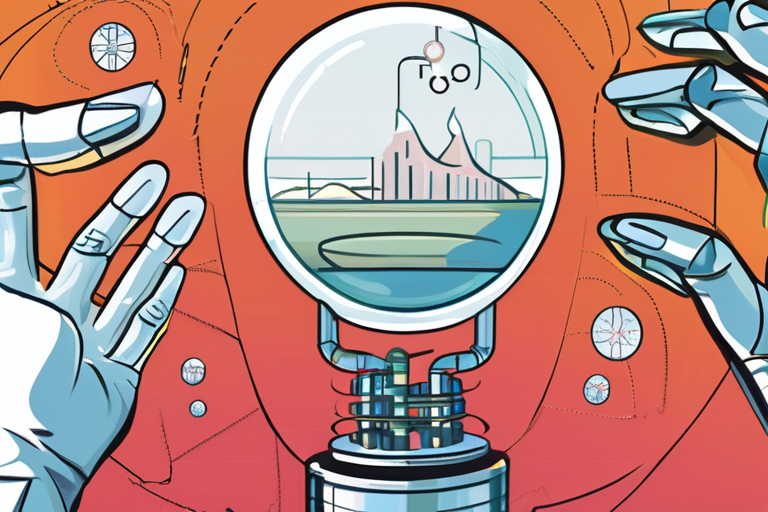
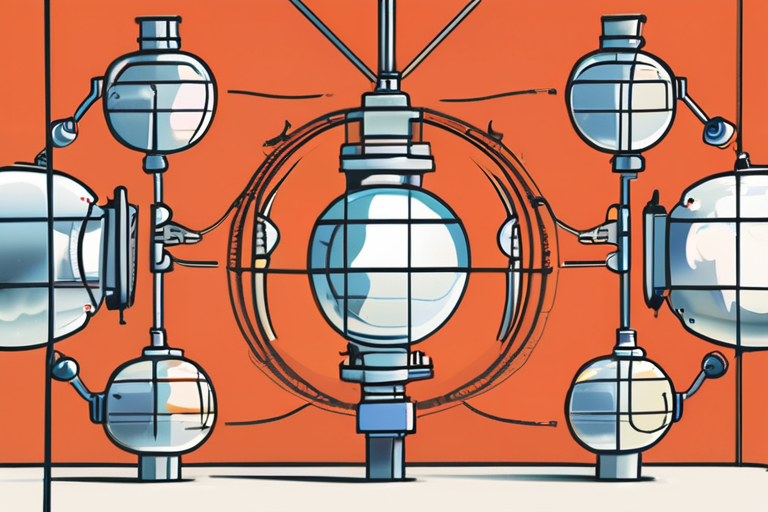


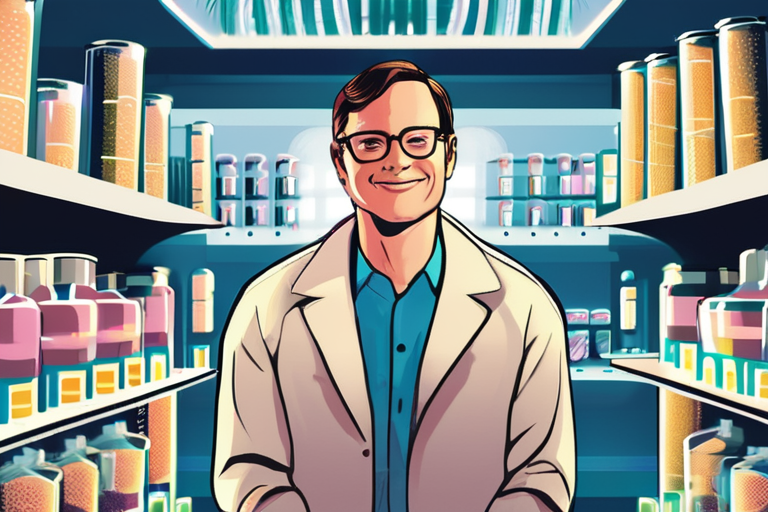
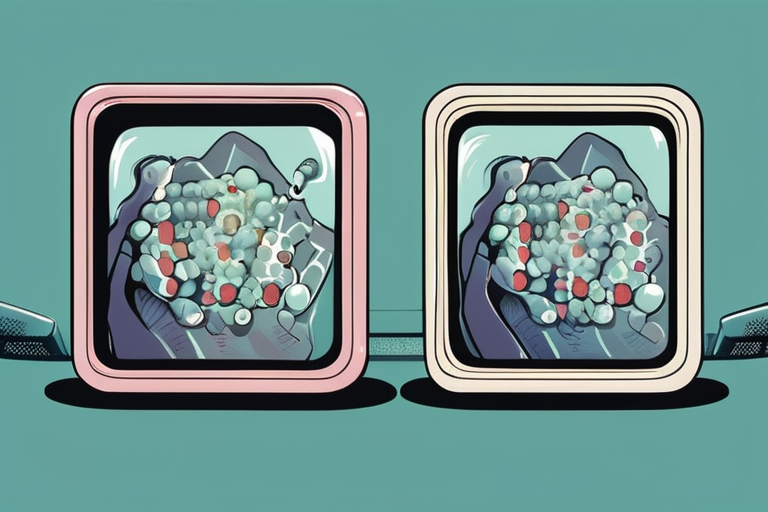
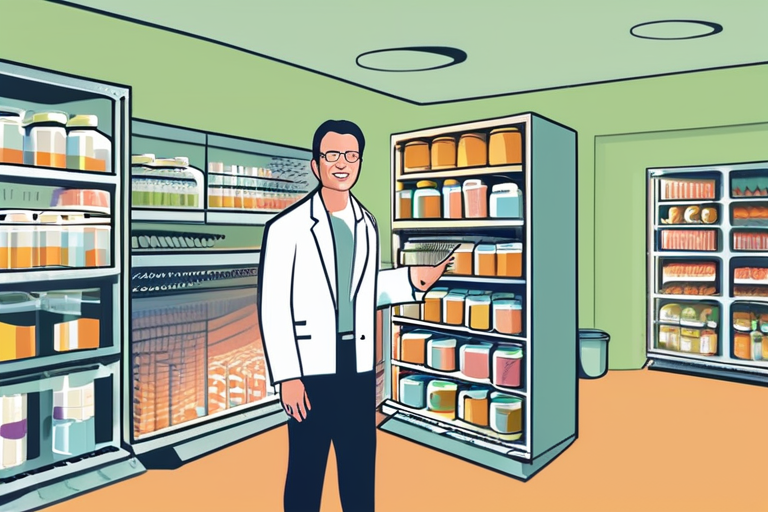
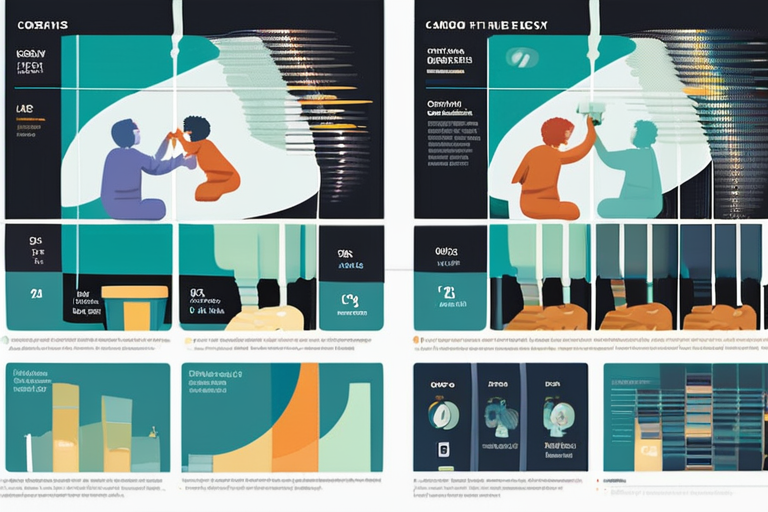


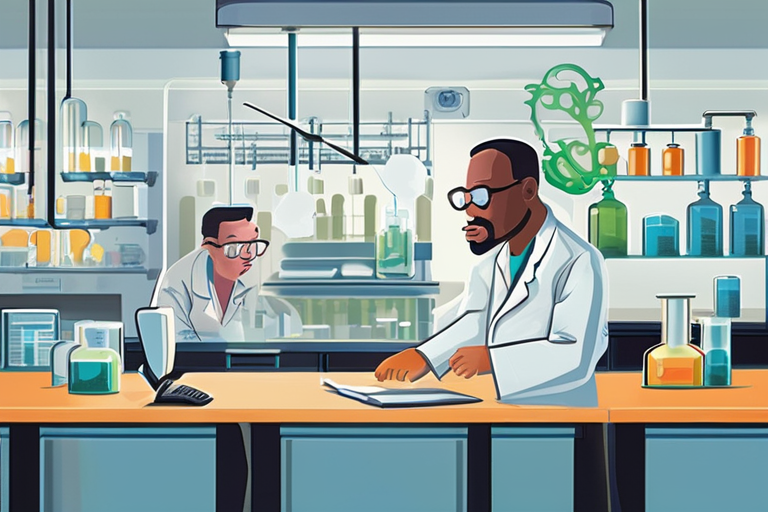

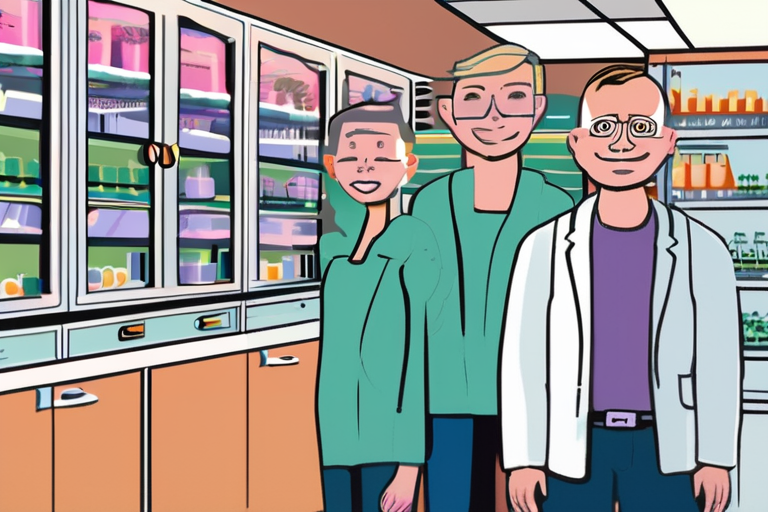
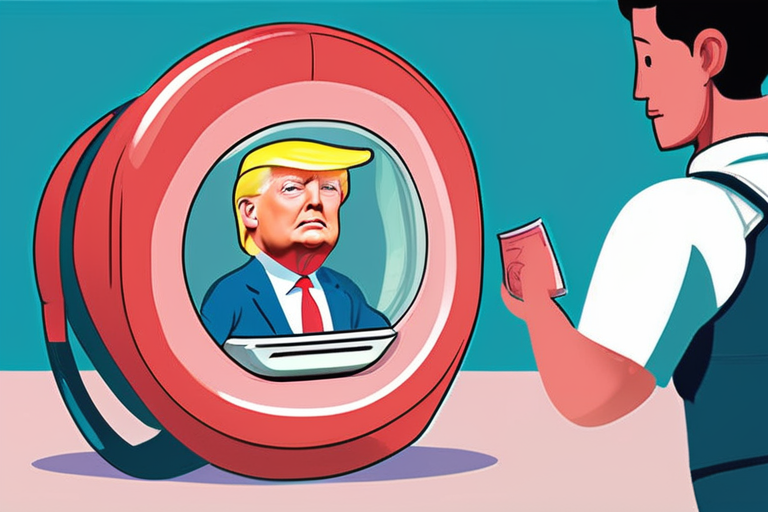
Share & Engage Share
Share this article